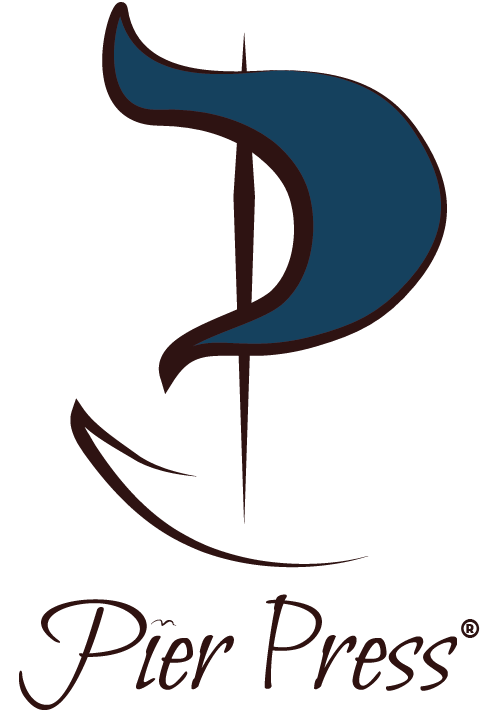The Latin term that gives February its name, februum, means "purification." It was associated with a Roman cleansing ritual that was held during the full moon of February.
Although that association was established millennia ago—predating even the Julian calendar that predates the Gregorian calendar used today—February still plays an important role in religious cleansing. Lent, the Christian liturgical season devoted to spiritual purification by means of prayer, fasting, and penitence, begins in February. The date changes year-to-year, but it is always a Wednesday, called Ash Wednesday. This year, Ash Wednesday falls on February 18. The season lasts 40 days (the count of days excludes Sundays) and ends with the celebration of Easter.
The emphasis Lent receives varies among Christian denominations. Some mark it in a public way by modifying church services to reflect its solemnity. In others, Lent is observed more privately in the homes and hearts of individual members. Some hold to traditions that involve dietary regulations. Some focus on giving up practices that are considered distractions to living a holy life. Others take on spiritual duties such as spending extra time in Bible study or prayer, and still others seek to increase their involvement in works of compassion.
My own Lenten tradition involves a process of confessing sins, asking for forgiveness, and seeking to rekindle my relationship with God. I've found a tool that helps me in this regard, the "Self-Examination" section of Saint Augustine's Prayer Book, a small Anglican devotional manual edited by Lorren Gavitt. I especially appreciate its admonition, "Do not fret about your sins. Remember, that you are trying to recall them in order that you may be forgiven, not that you may be condemned." I find this gentle exhortation gives me the freedom to be more honest in my self-assessment than I would be otherwise. It usually takes me all of Lent's 40 days to work through the ten pages of the Self-Examination, but doing so enables me to embrace Easter feeling revived. The book was given to me nearly 30 years ago, and it remains a vital part of my own spiritual pilgrimage.
"History of Lent," by Fr. William Saunders via the Catholic Education Resource Center offers more information about the origins of the Lenten season. "Lent 101" from the Upper Room, explains what Lent is and gives some suggestions for its observance.
Have you decided to do something special this Lent? Please let me know by posting your comments on the Pier Press Facebook page.
This article first appeared in the February 2015 issue of Observations: A Newsletter from Pier Press®. If you're not already a subscriber, sign up to have future monthly issues delivered directly to your inbox. Subscriptions are free.
